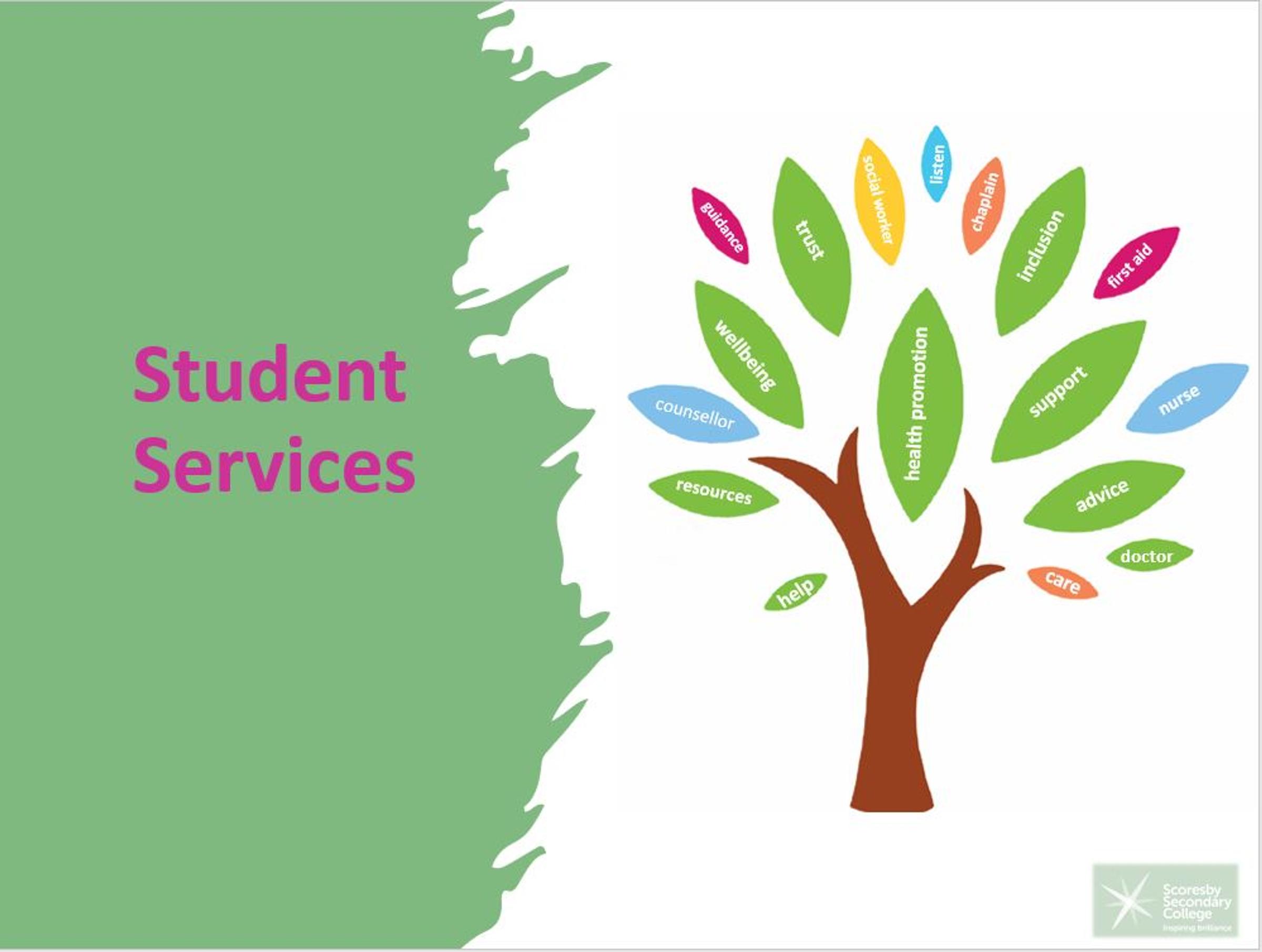Student Services

Wellbeing
It’s almost school holidays. Hip, Hip Hurray!
Are you ready for a brain break and a long sleep in? Or maybe two weeks away from school and friends is too long.
Whatever your thoughts and feelings, take a look at our School Holiday Well Being Plan.
There are always supports available. Be safe and be kind. Happy holidays from Scoresby.
Well Being Team
Mrs Louise West
Mrs Tahlia Pastor
Self Care Tips
Here are some ways to prevent a build-up of stress and tension these include:
Practice relaxation techniques such as learning to take deep breaths.
Eat regular healthy meals.
Drink plenty of water to stay hydrated.
Exercise regularly.
Take a warm shower or bath to calm and relax muscles and your mind.
Talk about problems and worries with another person.
Balance work and play. Make time for hobbies. These will relax your mind and are a good escape from worries.
Organise your time. Make a to do list and prioritize daily tasks and allow ample time to get things done.
Reward yourself with little things that you enjoy.
Remember to make time for relationships with the important people in your life.
Remember to laugh and smile! Laughter makes our muscles go limp and releases tension and pressure. When events seem overwhelming, try to keep a sense of humour.
Take a look at the 50 ways to take a break picture attached, for some ideas on ways to relax and unwind.
Relaxation Techniques
Relaxation techniques or exercises can reduce physical, psychological and emotional responses to stress and tension. They are simple to learn and help our bodies and minds cope with stress. If practiced regularly, relaxation techniques can lead to feeling more relaxed, with an improved sense of wellbeing, all the time.
Techniques to relax
There are many ways to release tension and relax. Relaxation techniques are simply tolls for relaxing the mind and body and different techniques suit different people and situations. Relaxation techniques can reduce:
- Levels of stress hormones
- Heart rate and blood pressure
- Muscle tension
- Perspiration
- Analytical thinking
It is best to set aside a regular time each day to practice relaxation techniques. Find a quiet, safe place and sit or lie in a comfortable position. It is ideal to build up to 10-20 minutes once or twice a day, plus about 3-5 minutes for five times each day.
Some relaxation techniques are described below.
Controlled breathing
- Close your eyes and concentrate on your breathing. Take a slow deep breath in through your nose for three seconds, then breathe out through your mouth for three seconds. Think the word ‘relax’ as you breath out.
- Clear your mind and think only about slow, deep breathing. Imagine the tension flowing out of your body each time you breathe out.
Progressive muscle relaxation
- Close your eyes and focus on your body.
- Start at your feet and focus on one muscle group at a time. Move up your body, relaxing each muscle group in turn.
- Tense the muscle as you breathe in, then relax it as you breathe out. Imagine all the tension flowing out your body.
- Allow 15-20 seconds between each muscle group.
- Keep your mind focused on the muscle group you are working on
Visualisation
- Close your eyes and imagine a safe, soothing, peaceful scene (eg: a beach or quiet place in the bush).
- See yourself there, relaxed, peaceful and happy
Mindfulness and realistic thinking
Mindfulness means you controlling your mind, instead of letting your mind control you. Out thoughts and beliefs determine the intensity of our feelings and stressful feelings and emotions can be due to unhelpful or unrealistic thoughts. Mindfulness involves learning to be in control of what thoughts you pay attention to and focusing on the ‘here and now”, rather than the past or future. Be present in the moment.
Physical exercise and self care aid in our relaxation too.
Nurse Jo Morkham
Doctors in Schools
